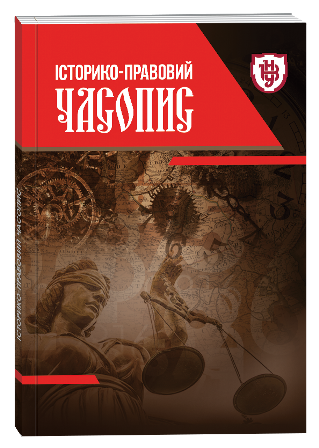Informational Rights and Liberties of a Humans, Their Judicial Defence in the Constitutional Regulations of Serbia
Keywords:
information rights and liberties, judicial defence, the Constitution of Serbia, democracyAbstract
The article deals with the representation of informational rights and liberties of a humans, their judicial defence and the peculiarities of the Constitution of Serbia according to the demands of democratic society. The common algoritm of the correct way of execution of restrictions of information rights and liberties according to the principles of democracy was established. The given algorithm identifies the constitutional demands urith the Convention of defence of rights of with the practice of European court of rights of a man. The basis of judicial defence of information rights in Serbia is the principle of democracy: the fundamental rights of a man and liberties can only be extended.
References
Конституция Республики Сербия 2012 г. [Электронный ресурс]. – Режим доступа: www.worldconstitutions.ru/archives/369.
Konstytucja Rzeczypospolitej Polskiej z dnia 2 kwietnia 1997 r. – Łódź:. Oficyna Wydawniczo-Reklamowa SAGALARA, 2010 r. – 64 s.
Конвенція про захист прав людини та основоположних свобод з поправками, внесеними відповідно до положень Протоколів №№ 11 та 14 з Протоколами № № 1, 4, 6, 7, 12 та 13. – Страсбург: Секретаріат Європейського суду з прав людини, 2010. – 24 с.
Конституція України: чинне законодавство із змінами та доповненнями станом на 21 січн. 2013 р. – К.: ПАЛИВОДА А. В., 2013. – 64 с.
Рішення ЄСПЛ у справі «Хендісайд проти Об’єднаного Королівства (Hendiside v. UK)» від 7 грудня 1976 р. – Серія А. – Т. 24. – С. 23.
Downloads
Published
How to Cite
Issue
Section
License

This work is licensed under a Creative Commons Attribution-NonCommercial 4.0 International License.







